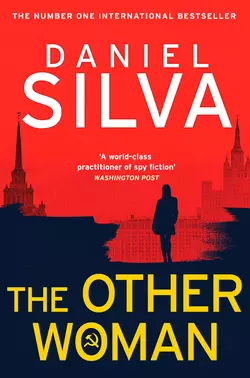The Other Woman

Daniel Silva
Тип: электронная книга
Жанр: Современная зарубежная литература
Язык: на английском языке
Стоимость: 1552.59 ₽
Статус: В продаже
Издательство: HarperCollins
Дата публикации: 16.04.2024
Отзывы: Пока нет Добавить отзыв
О книге: From Daniel Silva, the No.1 New York Times bestselling author, comes a modern masterpiece of espionage, love, and betrayal.She was his best-kept secret …In an isolated village in the mountains of Andalusia, a mysterious Frenchwoman begins work on a dangerous memoir. It is the story of a man she once loved in the Beirut of old, and a child taken from her in treason’s name. The woman is the keeper of the Kremlin’s most closely guarded secret. Long ago, the KGB inserted a mole into the heart of the West – a mole who stands on the doorstep of ultimate power.Only one man can unravel the conspiracy: Gabriel Allon, the legendary art restorer and assassin who serves as the chief of Israel’s vaunted secret intelligence service. Gabriel has battled the dark forces of the new Russia before, at great personal cost. Now he and the Russians will engage in a final epic showdown, with the fate of the postwar global order hanging in the balance.